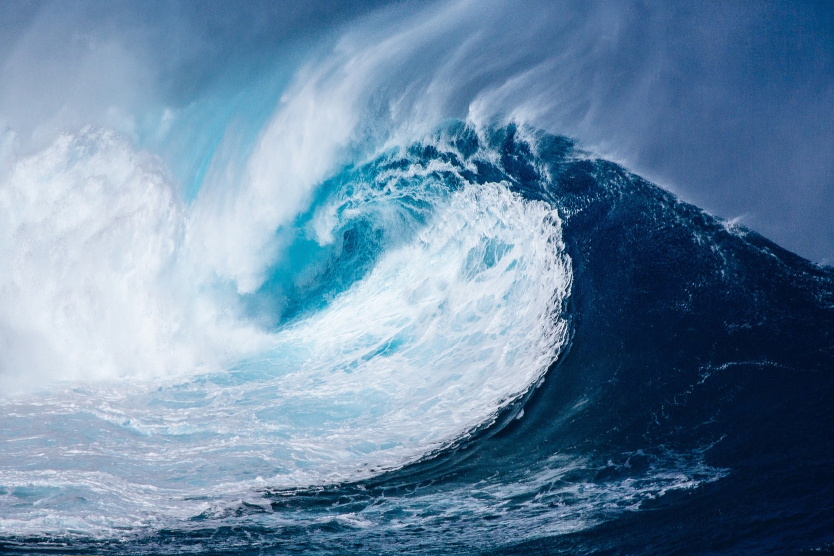
The collaboration study explores large-scale green hydrogen production from the shores of the North Sea.
© Pixabay
Germany has joined forces with the Netherlands to explore the possibilities of large-scale green hydrogen production from the shores of the North Sea to the borderlands of North Rhine-Westphalia (West Germany) and The Netherlands. The feasibility study, which will be published this year, will investigate business models and legal structures for the production of CO2-free hydrogen by means of collaborative production techniques and transport infrastructure.
The announcement of the study – which is to be carried out by the Forschungszentrum Jülich institute (and other partners) on the German side and the Netherlands Organisation for applied scientific research on the Dutch – could not have been better timed. Last month, the Federal Minister for Economic Affairs and Energy Peter Altmaier (CDU) outlined the key points of his draft National Hydrogen Strategy in Spiegel Business. It brought CO2-neutral hydrogen to the forefront of the Energy Transition strategy, with a target of 20 percent of national hydrogen consumption coming from sustainable sources such as wind and solar by 2030.
The strategy sets out a vision for Germany taking a "global pioneering role" in hydrogen tech through a five-point action plan. The first priority is to start producing the clean energy on an industrial scale – which means support for increasing electrolysis capacities.
Altmaier has prioritised transport applications, industry and the heating sector for switching to green hydrogen. To support this, the Federal Government has pledged funding in the millions for research into the production and use of hydrogen. He also highlighted the importance of "energy partnerships" with producer countries, as Germany will have to import a large part of its future demand for CO2-free hydrogen.


